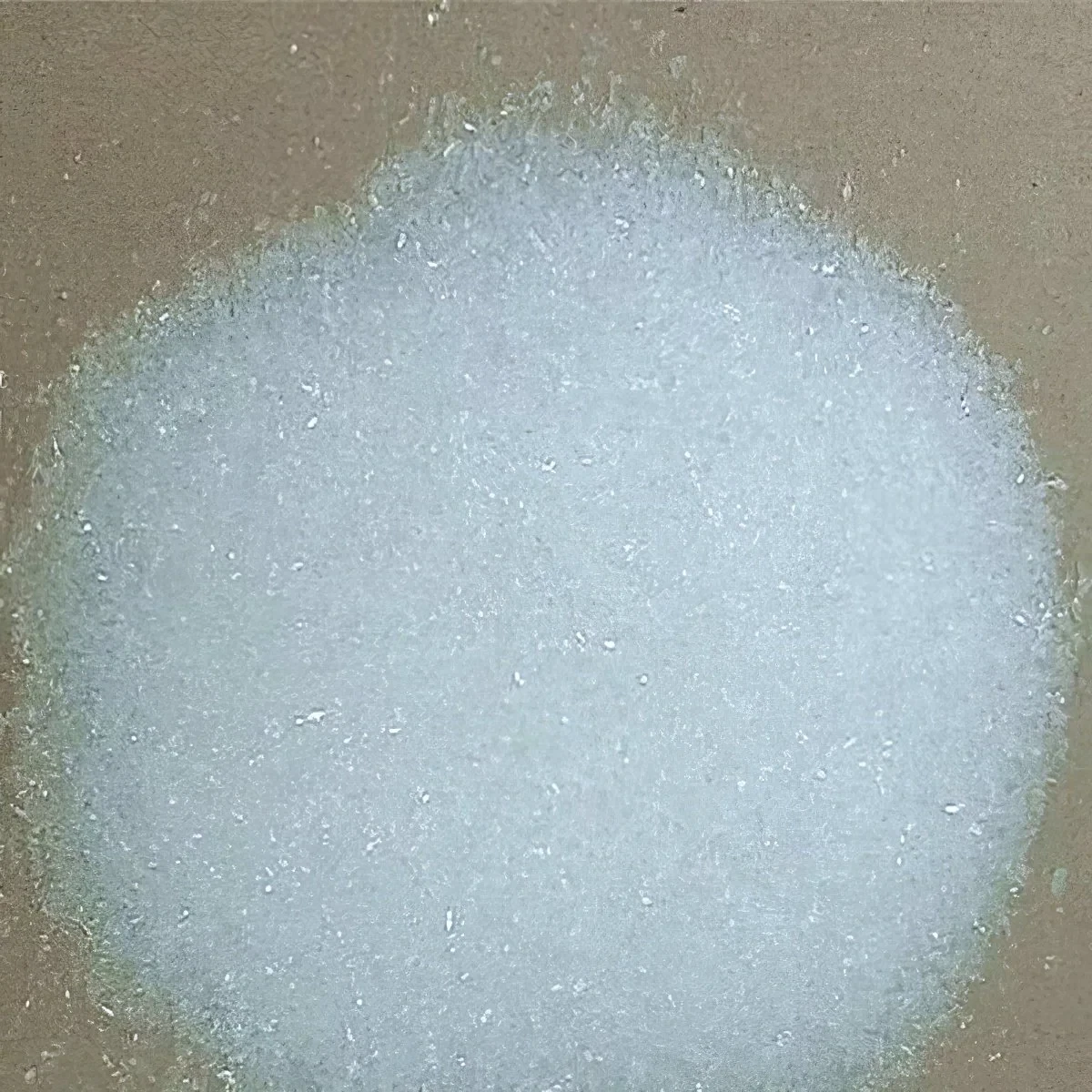



Exploring the Applications and Benefits of Barium Sulfate in Various Industries
The Multifaceted Role of Barium Sulfate in Industry and Medicine
Barium sulfate, with the chemical formula BaSO₄, is a white crystalline compound that plays a pivotal role in various industrial and medical applications. Known for its high density and insolubility in water, barium sulfate is utilized across a range of fields, including paints, plastics, pharmaceuticals, and radiography. This article explores the versatile applications of barium sulfate, highlighting its significance and benefits in each domain.
Industrial Applications
In the industrial landscape, barium sulfate is primarily employed as a pigment and filler in paints and coatings. Its excellent opacity and brightness make it a desirable choice for manufacturers aiming to enhance product aesthetics and performance. Additionally, because of its inert properties, barium sulfate does not react with other substances, ensuring that the integrity of paint formulations remains intact over time.
In the plastics industry, barium sulfate is utilized as a filler to increase density and improve impact resistance. Its inclusion in plastic products can enhance strength without significantly affecting weight. Furthermore, barium sulfate is often used in the production of rubber, where it contributes to improved durability and resistance to weathering.
Another notable application of barium sulfate is in the oil and gas industry, where it is used as a weighting agent in drilling fluids. The high density of barium sulfate helps to control well pressures and prevent blowouts during drilling operations. This application underscores the critical role of barium sulfate in ensuring safety and efficiency in resource extraction processes.
Medical Applications
barium sulfaat

Beyond its industrial uses, barium sulfate is perhaps best known for its applications in the medical field, particularly in diagnostic imaging. Barium sulfate suspensions are commonly used as contrast agents for radiographic examinations of the gastrointestinal (GI) tract. When ingested or introduced into the body, barium sulfate coats the lining of the esophagus, stomach, and intestines, enhancing the visibility of these organs on X-ray images.
The procedure, known as a barium swallow or barium enema, allows healthcare professionals to detect abnormalities such as tumors, ulcers, or blockages. The high atomic number of barium provides excellent contrast against surrounding tissues, making it easier to diagnose various GI conditions. Importantly, the insolubility of barium sulfate ensures that it remains in the intestines without being absorbed into the bloodstream, making it safe for use as a contrast agent.
Safety Considerations
While barium sulfate is predominantly safe for medical use, certain precautions must be taken. Patients with a history of allergic reactions to barium compounds or those with specific medical conditions, such as bowel obstruction or perforation, should exercise caution. It is crucial for healthcare providers to evaluate patients thoroughly before administering barium sulfate to ensure safety and minimize potential risks.
Conclusion
Barium sulfate exemplifies a compound with diverse applications that significantly impact various industries and medical practices. Its properties—such as high density, insolubility, and inertness—render it a valuable asset in fields ranging from manufacturing to healthcare. As industries continue to innovate and develop new products, the demand for barium sulfate is likely to remain robust.
In summary, whether it is enhancing the durability of plastic products, improving the quality of paints, or aiding in critical medical diagnoses, barium sulfate's versatility stands out. Ongoing research and development in its applications may also pave the way for new uses, ensuring that this compound retains its relevance in an ever-evolving landscape. By understanding and leveraging the unique properties of barium sulfate, industries and healthcare providers can continue to harness its benefits, improving quality and outcomes for consumers and patients alike.
-
Why Sodium Persulfate Is Everywhere NowNewsJul.07,2025
-
Why Polyacrylamide Is in High DemandNewsJul.07,2025
-
Understanding Paint Chemicals and Their ApplicationsNewsJul.07,2025
-
Smart Use Of Mining ChemicalsNewsJul.07,2025
-
Practical Uses of Potassium MonopersulfateNewsJul.07,2025
-
Agrochemicals In Real FarmingNewsJul.07,2025
-
Sodium Chlorite Hot UsesNewsJul.01,2025










